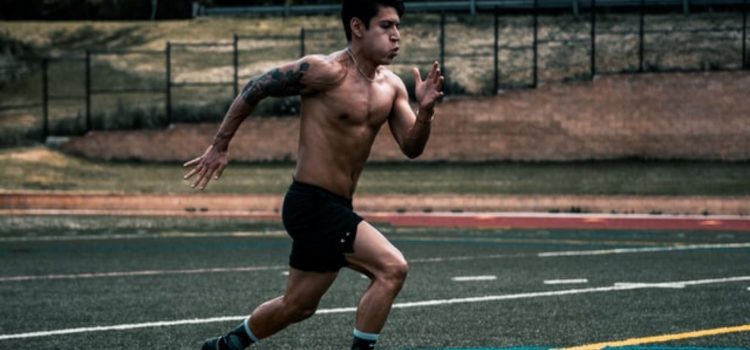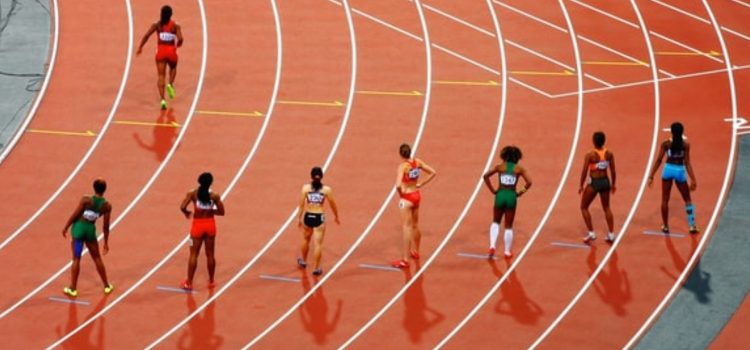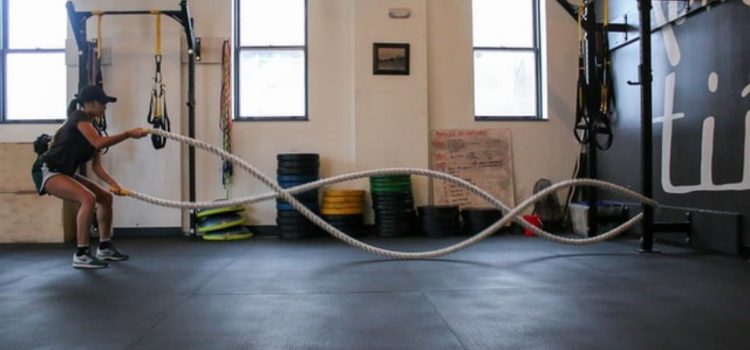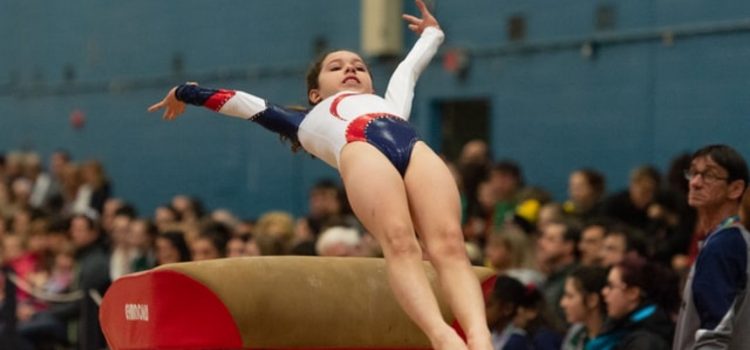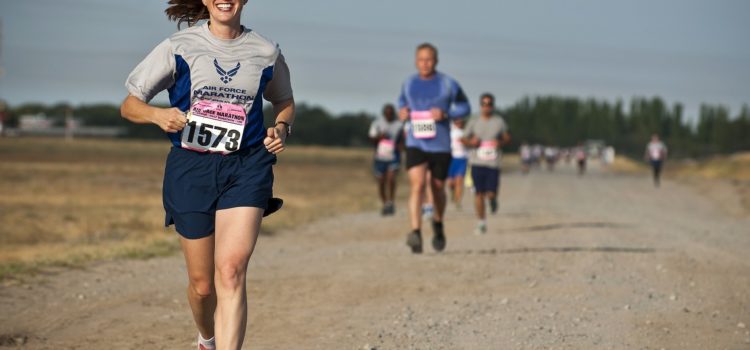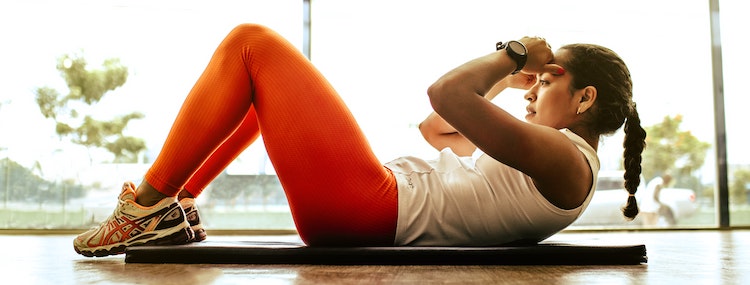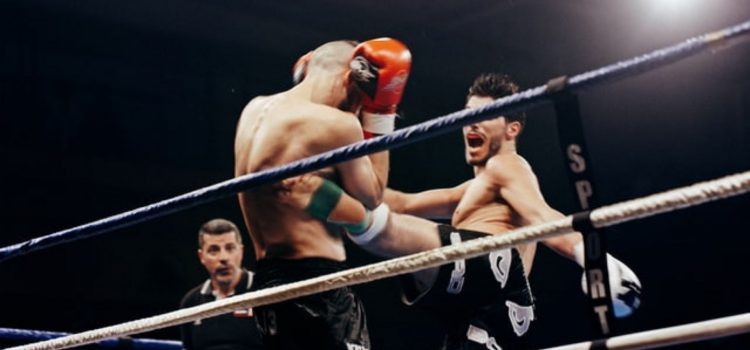What role does genetics play in sports performance? Are there specific “sports genes” that confer an advantage in sports? Our anatomy and physiology are functions of our genes. While we may know that traits are encoded for in our DNA, finding the exact genes that produce these characteristics remains elusive. However, science has made great strides in finding specific genes that impact sports performance. Keep reading to learn about sports genetics and how genes determine people’s sports performance via response to training.
Sports Genetics: How Genes Influence Athletic Ability
